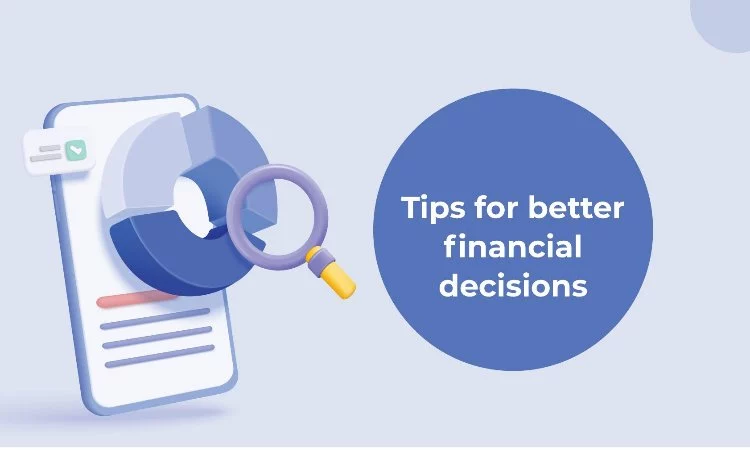Graduating college is a milestone that is both exhilarating and overwhelming, with the latter stemming from a fair proportion of challenges. Financial decision-making is one such challenge that often tops the list. From student loans and budgeting to saving and investing, the demands seem endless, hence the fear of feeling lost. But fear not, because with the correct strategy and information, managing finances post-graduation can become an easy, empowering experience.
Creating a Budget That Works
Step one in taking control of your post-grad finances is to create a realistic budget. For most recent grads, this is the first time handling income and expenses monthly. Start by itemizing your fixed expenses—rent, utilities, loan payments—and then monitor variable expenses like food, transportation, and entertainment. Utilize a budgeting app or basic spreadsheet to track your spending.
Staying within your budget not only prevents you from overspending, but also points out places where you should begin saving. Most recent college graduates discover that even modest savings, made steadily, can establish a good money base.
Choosing the Right Bank Account
Your bank account can make a big difference in your financial health. Most banks have products especially designed for young adults, such as no-fee checking accounts, high-interest savings accounts, and sign-up incentives. Though it might be tempting to stick with the bank you’ve always been with, shopping around might be worth it.
You should take a few minutes to check out the best new bank account offers for you. From mobile-centric banking to rewards for purchases to features for automatic savings, advanced banking options simplify managing money while making it more effective.
Managing Student Loans Responsibly
Student loans are a reality for many graduates, and they require careful planning. Start by understanding the terms of your loans—know your interest rates, grace periods, and repayment options. If you are in a stable financial position, consider making payments during your grace period to reduce the total interest you will pay over time.
Federal loans usually include options for income-based repayment plans, which can be very beneficial in the early years of your professional career. Private loans may not provide as much flexibility, so it is worth reaching out to your loan servicer and negotiating any deferment or refinancing opportunities that may be available.
Building Credit and Setting Goals
Your credit score will be a significant factor in your financial life, determining whether you can rent an apartment, get a loan, or even find employment. To establish credit, you might want to open a secured credit card or utilize a traditional card for minor purchases that you pay off in full every month. On-time payments and low credit usage will establish a good credit history.
A Smart Start with the Right Tools
It is not possible to suddenly go from being a student to being independently financially secure overnight, but by making smart moves today, you set the foundation for a sound future. Everything from budgeting and banking to loan repayment and building credit makes a difference.
Firms such as SoFi are committed to empowering young adults through providing innovative financial products that are tailored to the needs of young adults. Their focus on transparency, mobile access, and customer care makes them a good option for individuals who want to take charge of their finances.
As you enter this new stage, keep in mind that financial well-being is a process. By being informed and taking action, and by leveraging the top new bank account deals, you’ll be laying the groundwork for success—not just now, but for years to come.

Lexy Summer is a talented writer with a deep passion for the art of language and storytelling. With a background in editing and content creation, Lexy has honed her skills in crafting clear, engaging, and grammatically flawless writing.



